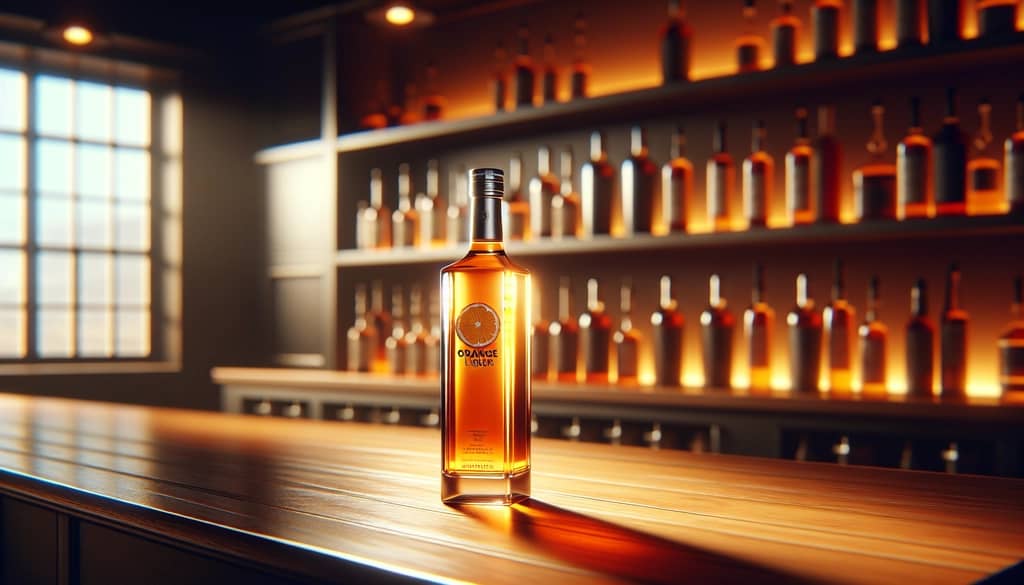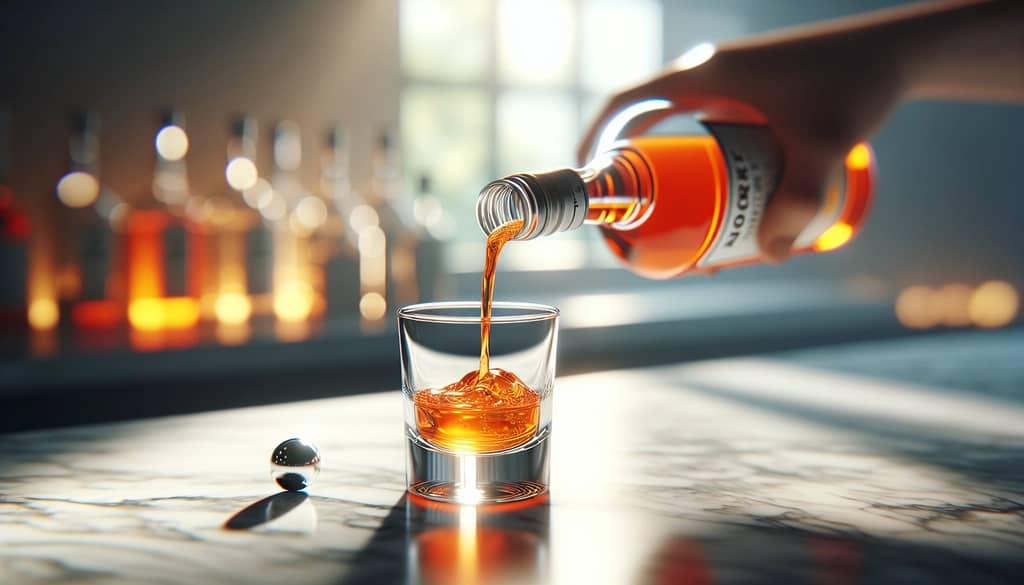Updated on: 6/8/2025
How Should I Store Orange Liqueur?

Orange liqueur is a staple for cocktails ranging from Margaritas to Sidecars. Knowing how to store orange liqueur properly ensures its vibrant citrus character and aromatic notes remain intact, even months after opening the bottle. Many popular brands—like Cointreau, Grand Marnier, and triple sec—share similar storage needs, whether they're based on brandy, neutral spirits, or rum.
Best Way to Store Orange Liqueur
Light, temperature, and air are the main factors that can degrade the quality of orange liqueur over time. To keep your bottle at its best:
- Store in a cool, dark place—ideally between 10°C and 18°C. Consistent temperature is more important than precise coolness.
- Keep the bottle away from direct sunlight and heat sources. Both can break down citrus oils and sugar, dulling the flavor.
- Seal the cap tightly. Oxygen exposure slowly changes the flavor, especially after opening.
Does Orange Liqueur Need Refrigeration?
Unlike cream liqueurs, orange liqueur does not require refrigeration. Its higher alcohol content (typically 20–40% ABV) naturally preserves the spirit. However, if your home is frequently warm or humid, storing it in the fridge can help maintain flavor and reduce evaporation—though the liqueur’s thickened texture when chilled is best for some drinks.
Shelf Life: Opened vs. Unopened Bottles
- Unopened bottles will maintain quality for several years if stored in suitable conditions.
- Once opened, orange liqueur is best used within 12 months for optimal flavor. Over time, exposure to air causes subtle changes—loss of citrus aroma, muted sweetness, and eventual dullness.

Storage Tips for Home Bartenders
- Keep your orange liqueur bottle capped tightly after each use.
- If you only use it occasionally, consider decanting into smaller bottles as the bottle empties. Less air means slower oxidation.
- Label the date you opened the bottle to track freshness.
By following these guidelines, you'll make sure every pour of orange liqueur delivers the bright, aromatic punch that great cocktails rely on.